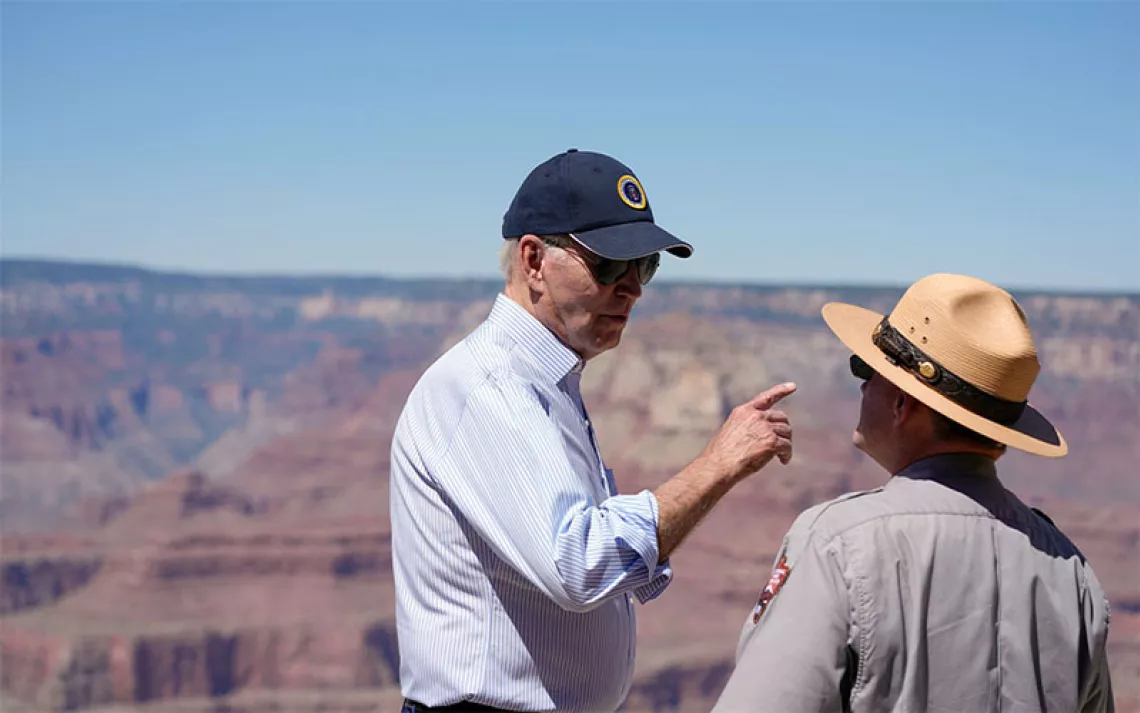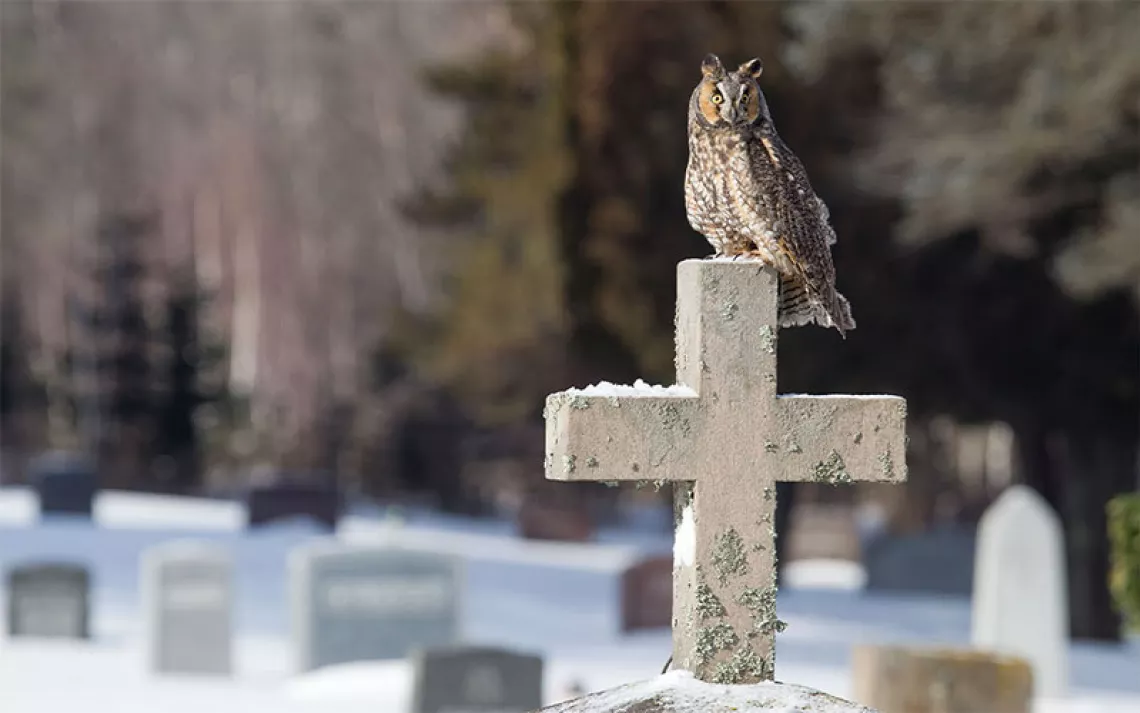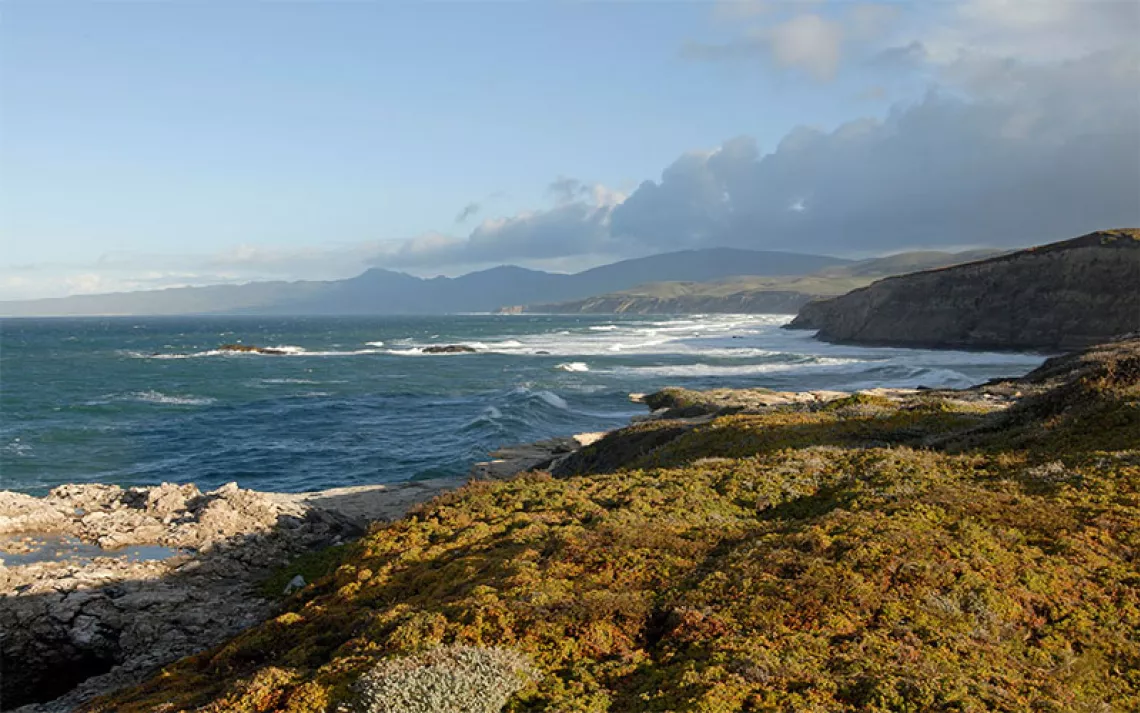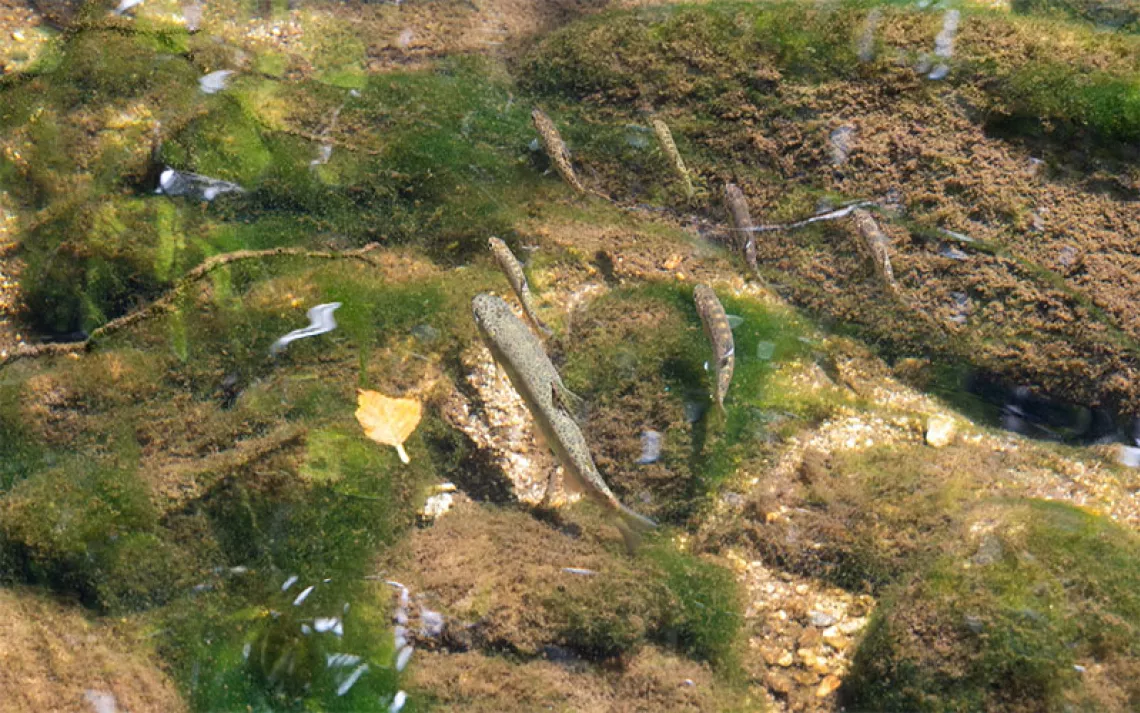Environmental News ICYMI 8-18-17
A weekly roundup for busy people

Illustration by Peter Arkle
Interior Secretary Ryan Zinke instructed agencies under his watch to undo much of a plan to protect the greater sage-grouse, a species that is both endangered (there are less than 500,000 of them in existence) and famous for its very sexy (to other sage-grouse) dance moves. The plan was written in 2015 by a coalition of biologists, ranchers, environmental groups, oil and gas companies, and government agencies and was considered a model of its kind.
Climate change is making the Arctic’s famously horrendous mosquito problem even worse. “There aren’t a lot of animals for them to eat in the Arctic,” says Lauren Culler, who studies insects in Greenland. "So when they finally find one, they are ferocious. They are relentless. They do not stop.”
Thousands of walruses mob a remote Alaskan island in what looks like a sybaratic walrus beach party but is actually a warning sign that there is not enough Arctic sea-ice habitat for clam hunting offshore.
Trump rolls back an Obama-era executive order on federal infrastructure and sea level rise that required, among other things, new hospitals to be built at least three feet above the 100-year-flood line. The order had many fans, so there is speculation as to who, if anyone, is excited by the rollback. Leading contenders are real estate developers, water, people who hate Obama, and mold.
A group of scientists in the United Kingdom found that bumblebee queens were 26 percent less likely to lay eggs after they were exposed to neonicotinoid pesticides. The pesticides have also been implicated in many of the problems honeybees are having.
Trump's Advisory Council on Infrastructure is disbanded before it even begins.
Anti-poaching activist Wayne Lotter was murdered by an unknown gunman in Tanzania. Lotter was known for using cellphone records and financial data to track how poachers actually brokered deals and moved guns, money, and contraband in and out of the country. He played a key role in the arrest of Yang Feng Glan, a 66-year-old smuggling kingpin dubbed the "Ivory Queen."
Hunting season for grizzly bears in British Columbia opened this week with the announcement that this season would be the last, and all hunting for grizzlies in the province will end on November 30, 2017. The number of grizzly bears in B.C. has fallen from an estimated 35,000 bears in 1915 to possibly as low as 6,000 today.
Miami estimates it will have to spend at least $900 million to upgrade the city’s flood prevention and drainage systems now that sea level rise is flooding the city. It plans to pay for it with property tax.
The world can expect 3.1 to 7.4 percent less crop production of corn, wheat, rice, maize, and soybean for every degree Celsius of warming, according to a meta-analysis of more than 70 studies published in the Proceedings of the National Academy of Sciences this week. Corn will be particularly hard hit, while rice and soy will be less so. All four crops currently provide two-thirds of human caloric intake.
Good news for couch potatoes! Fewer people are dying of lightning strikes because fewer people go outside anymore. The decline in farm jobs has also played a role, according to National Weather Service lightning safety specialist John Jensenius Jr. Decades ago, farmers were often the tallest object in their fields, making them ideal targets.
 The Magazine of The Sierra Club
The Magazine of The Sierra Club



